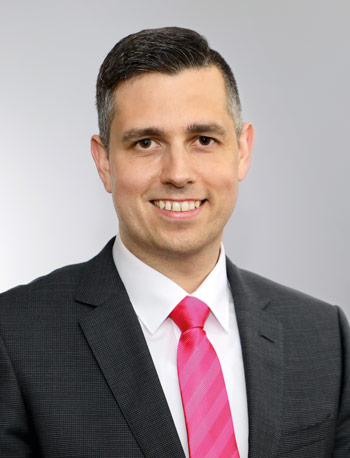Mr. Görner, Rittal has been actively involved in power distribution for decades. What is new about the recently launched business unit, and is anything changing for our customers?
Our RiLine and Ri4Power products for power distribution used to be simply a small part of the Industry business unit. In the new Energy & Power Solutions business unit, we have now combined these long-established solutions with application-oriented modules, that is to say solutions for renewable energies, conventional power plants, power transmission and distribution, battery storage systems, charging infrastructure and hydrogen-based applications. By consulting us, our customers can now optimise their own solutions and bring them to market even faster.
What is the core competence of your business unit and what concrete contribution does it make to the transformation of energy systems?
We combine our product know-how with our application experience, meaning we can offer system solutions across all sectors of the energy industry – from power generation using conventional power plants and renewable energies by way of power transmission and distribution all the way through to cutting-edge power infrastructures. The focus is on modular solutions for energy storage systems, the charging infrastructure for electromobility and the eco-efficient supply of power to data centres. Rittal actively helps plant engineering customers implement time-saving and cost-cutting measures throughout the entire value chain, from engineering and semi-automated plant construction to service operations. That means we are also playing an active role in shaping the transformation of power supply systems.
What are the specific focal points of your work over the coming months?
In the months ahead, we will be expanding the dedicated team that advises on solutions and develops ready-made solutions in the various areas. We will also be extending our product portfolio over the next few years. This growth is not restricted to Germany. It will take place globally. After all, the energy revolution has long ceased to be just a national issue.
What relevant experience have you acquired in your previous roles?
I have spent the past 15 years working with power engineering systems in Germany and globally and, during the early part of my career, I worked for a small, family-run electrical engineering company. That has given me a comprehensive insight into the transformation of power supply systems – from high-voltage DC transmission to large substations and then small, high-performance semiconductors for power distribution. I am keen to use this expertise to help our customers make the transition to a sustainable energy industry.
